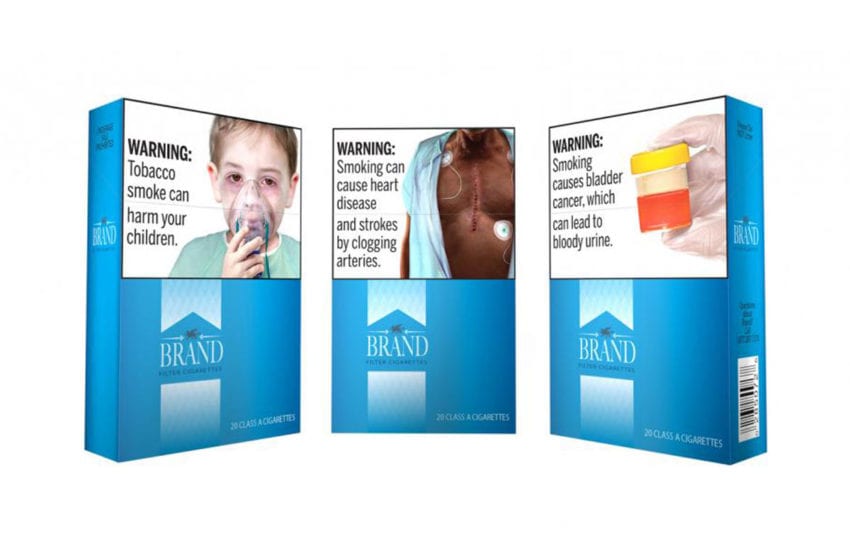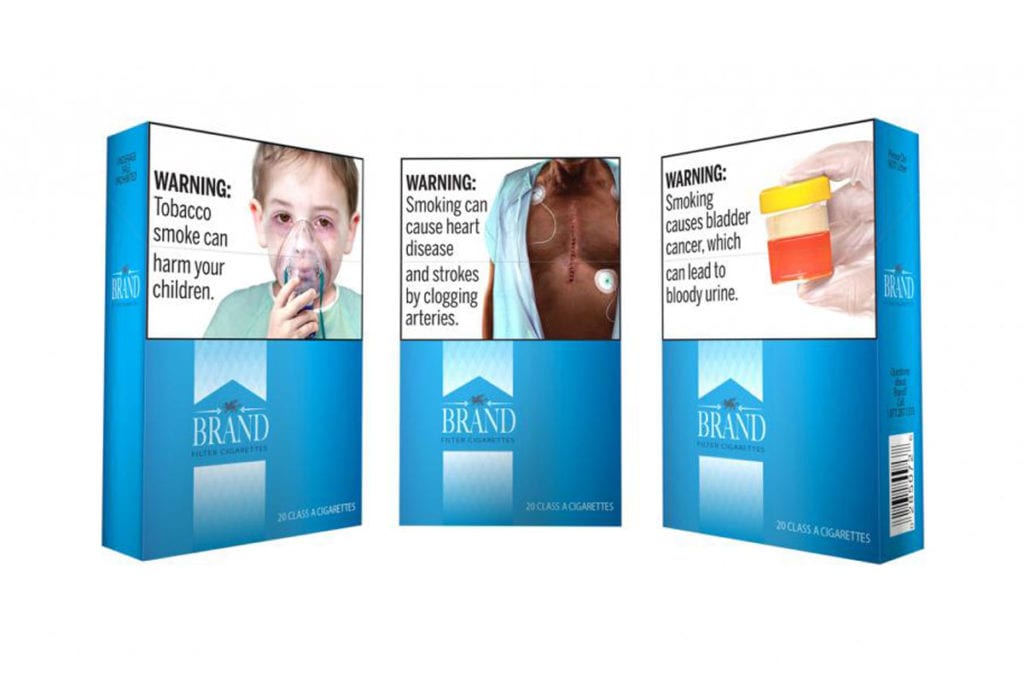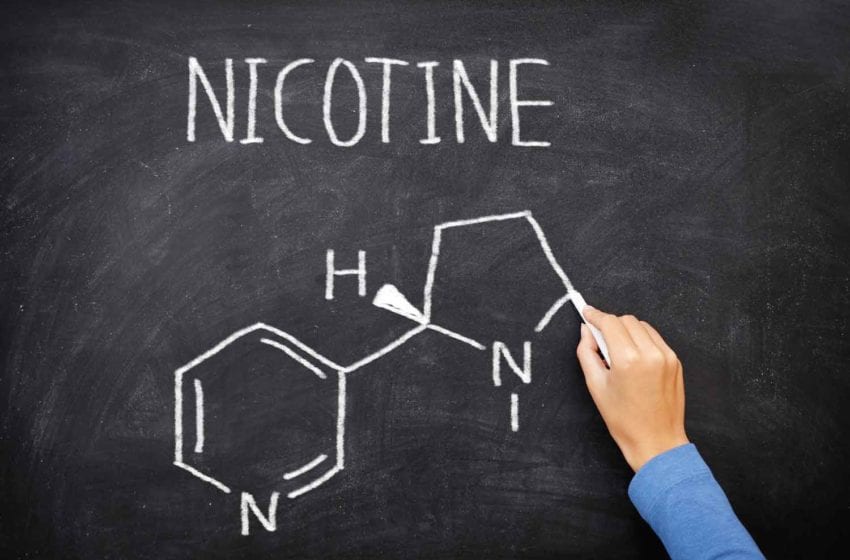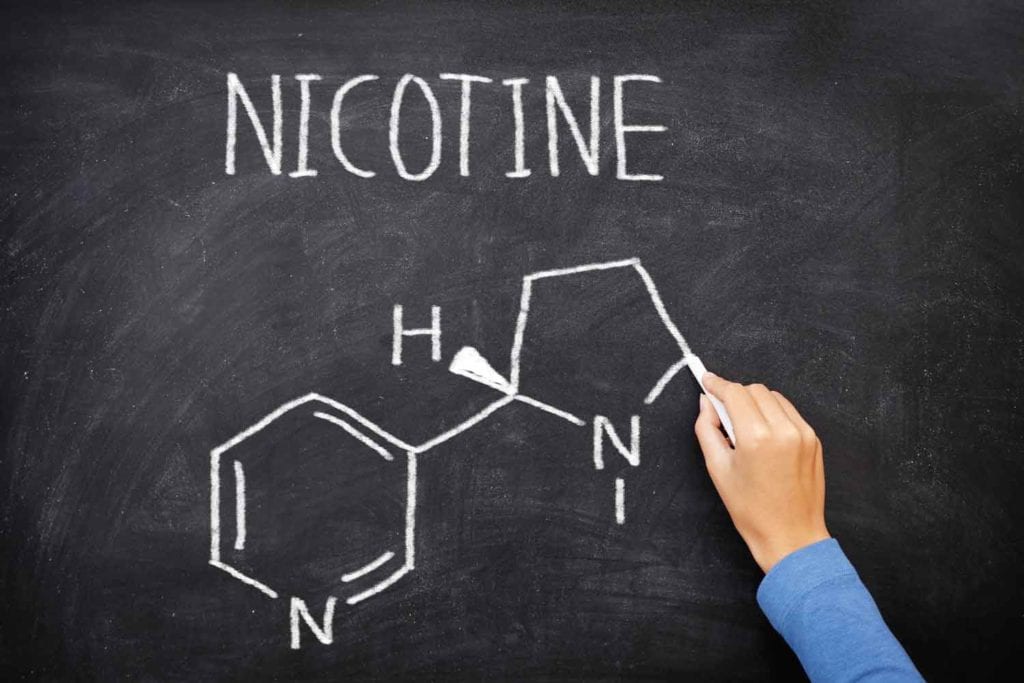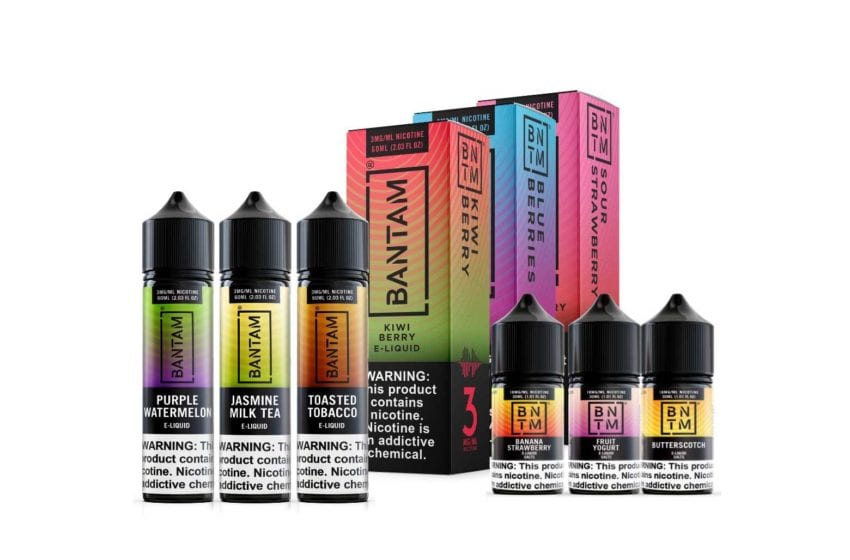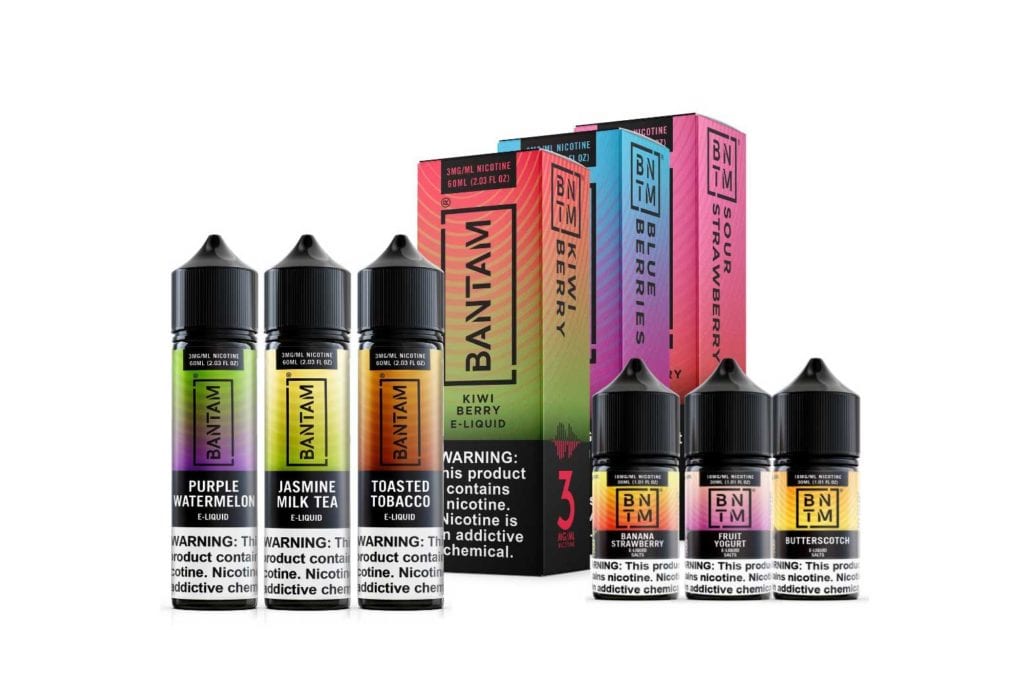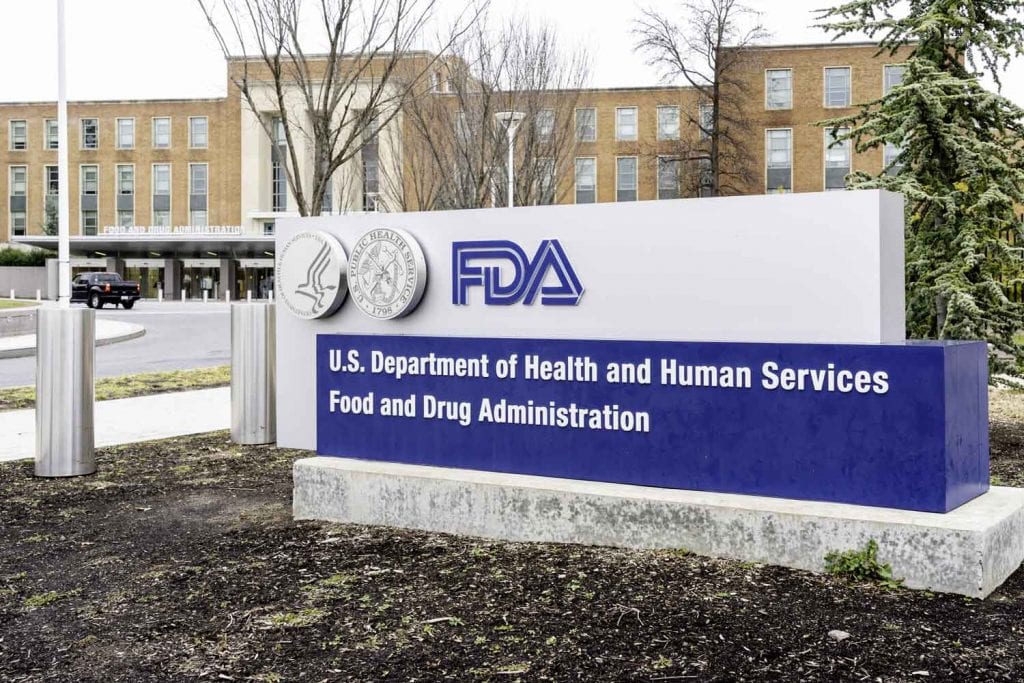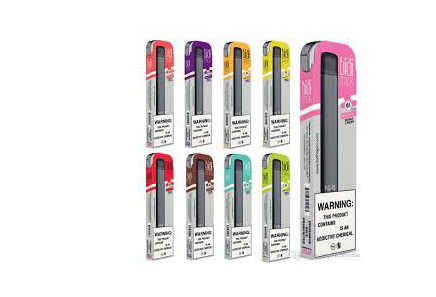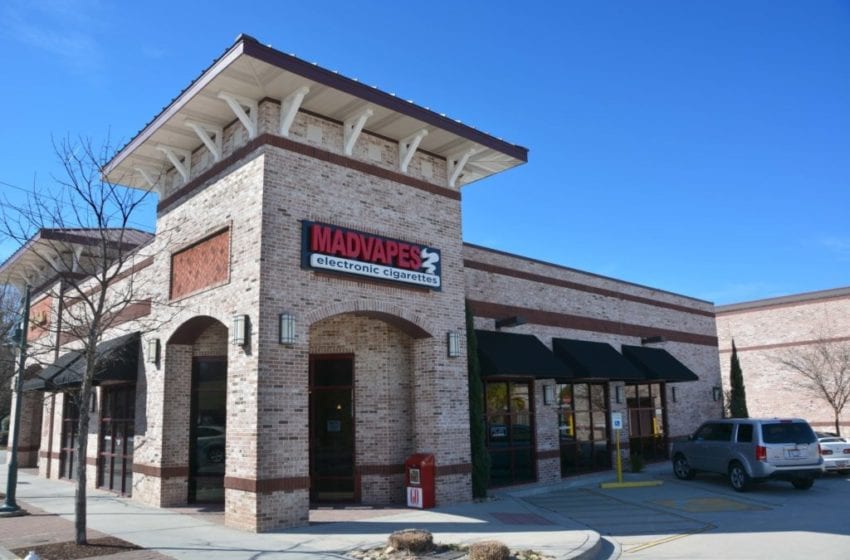
The U.S. Food and Drug Administration (FDA) has issued a marketing order to Philip Morris Products authorizing the sale of the IQOS 3 system holder and charger, the agency announced on Twitter.
The newly authorized version has minor design differences from the previous version authorized in April, including how the holder inserts into the charger, changes to the charging connectors and LED indicator lights, a new touch feedback feature, and an option to reduce the perceived heat from the tobacco aerosol inhaled by users.
Data on product use suggest no differences among user populations from the previous version, including no new concerns regarding product initiation or use among youth and young adults.
“The issuance of this marketing granted order confirms that you have met the requirements of section 910(c) of the FD&C Act and authorizes marketing of your new tobacco product,” the FDA wrote in a letter to Philip Morris Products.
“Under the provisions of section 910, you may introduce or deliver for introduction into interstate commerce the tobacco product, in accordance with the marketing order requirements outlined in this order, including all appendices.”
The agency stressed that the marketing order does not mean any version of the IQOS system holder and charger can be marketed as “safe” or “FDA approved.”
“There are no safe tobacco products,” the FDA wrote.
The previous version of the IQOS system holder and charger was initially allowed for sale in the U.S. following the FDA’s issuance of a marketing order in April 2019. The company later submitted another premarket tobacco application requesting to market an updated version of the device holder and charger.
On July 7, 2020 the FDA authorized the marketing of the IQOS 2.4 tobacco heating system as a modified risk tobacco product with a reduced exposure claim. IQOS 2.4 is the first next-generation inhalable tobacco product to be authorized as a modified risk tobacco product.
“Altria’s 10-year vision is to responsibly lead the transition of adult smokers to a non-combustible future. IQOS is a key part of that future and we’re excited to build on our first-mover advantage with the enhanced IQOS 3 device which has performed successfully in international markets,” said Jon Moore, president and chief executive officer of PM USA, which has an exclusive agreement to commercialize the IQOS system in the U.S., in a statement.
IQOS is currently available in the Atlanta, Georgia, Richmond, Virginia and Charlotte, North Carolina markets.



